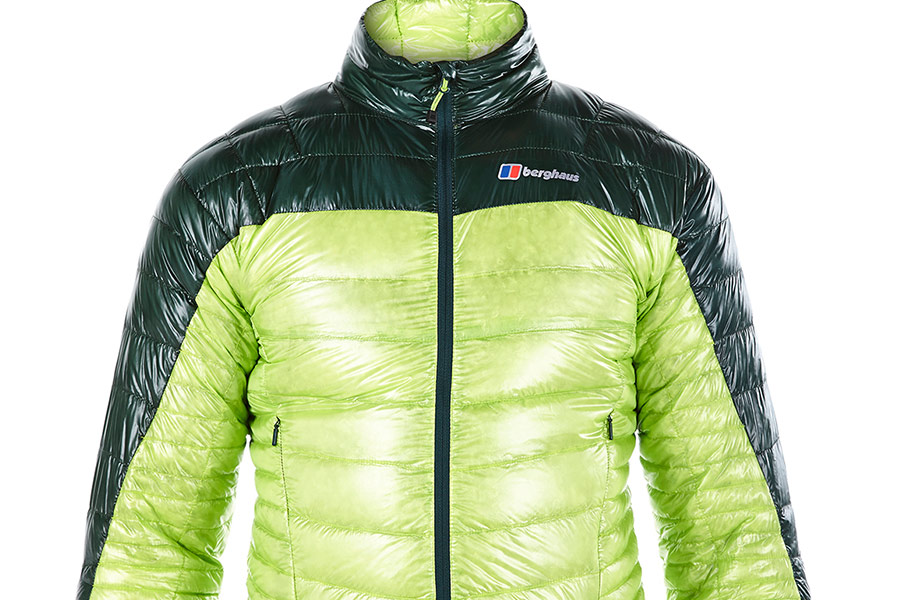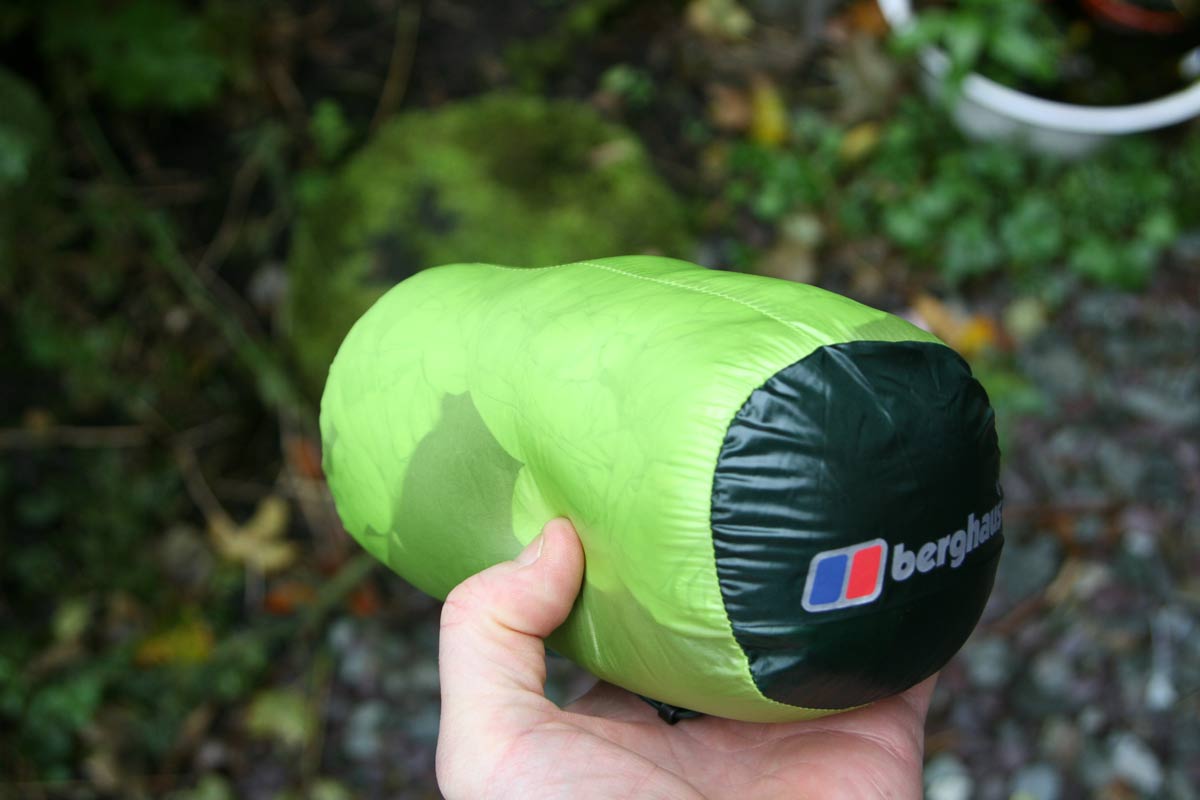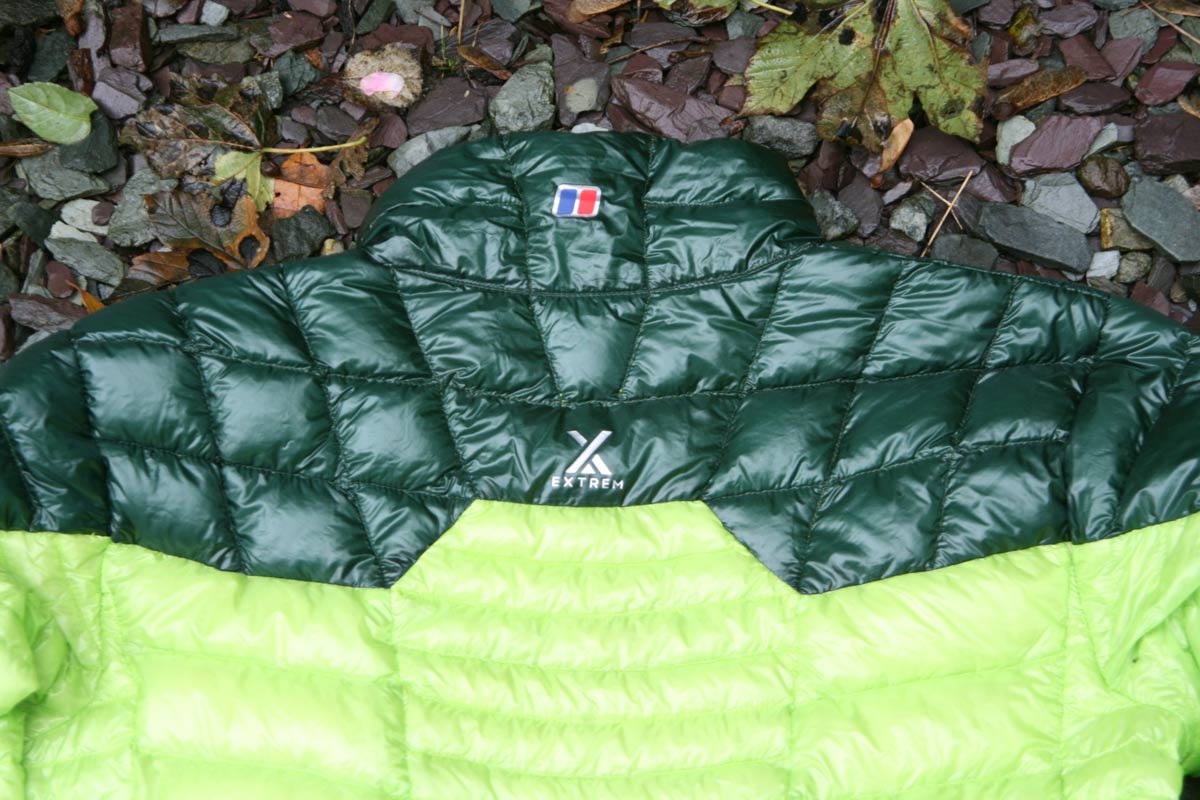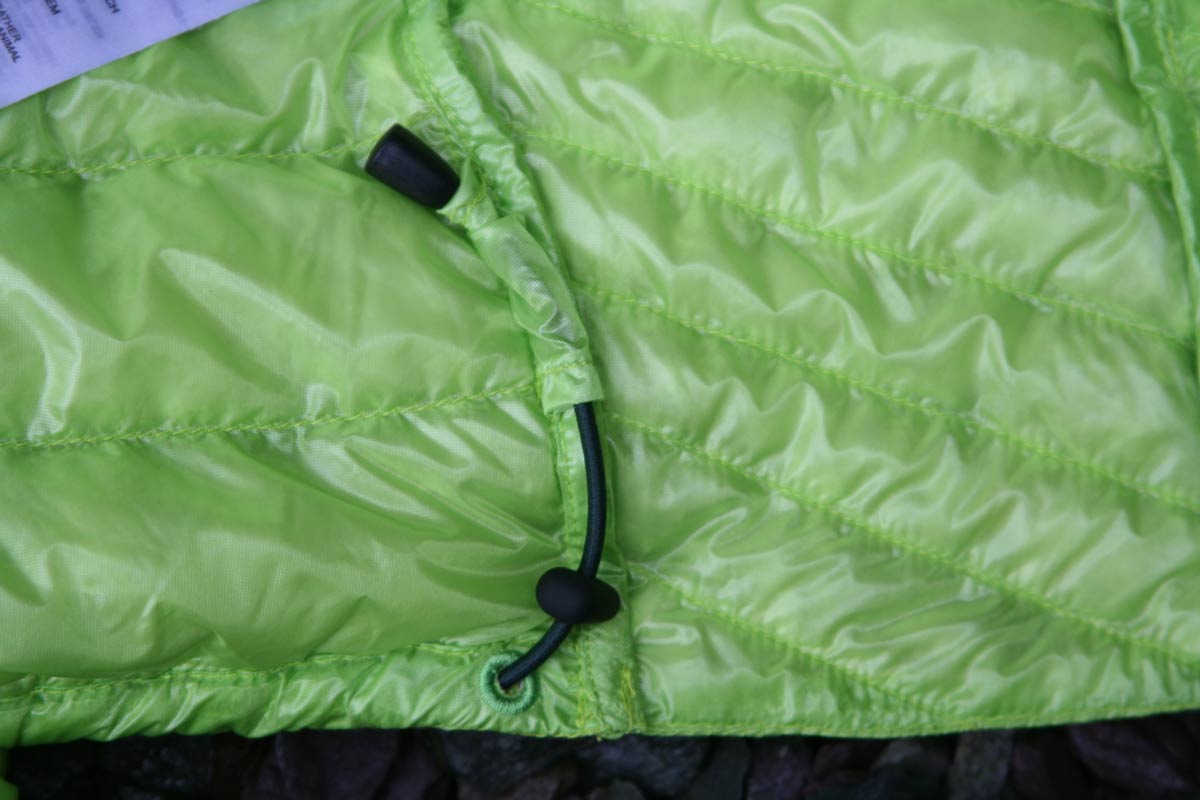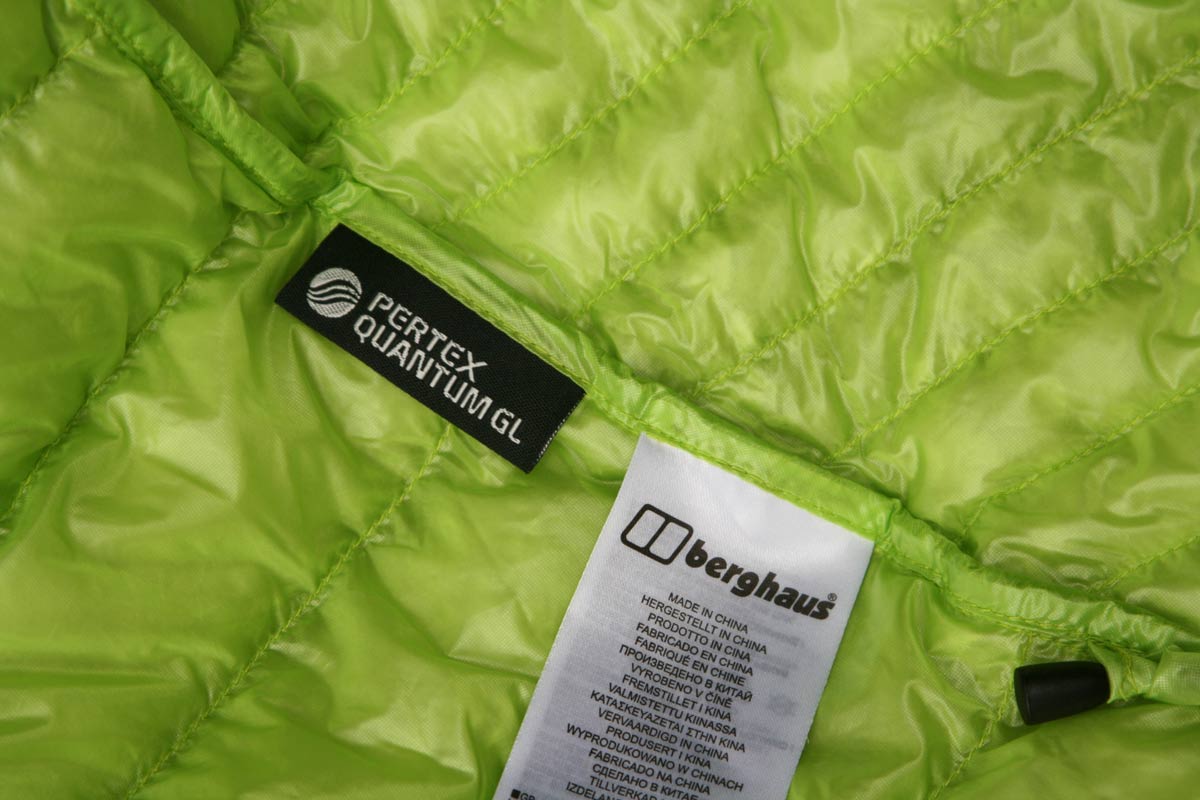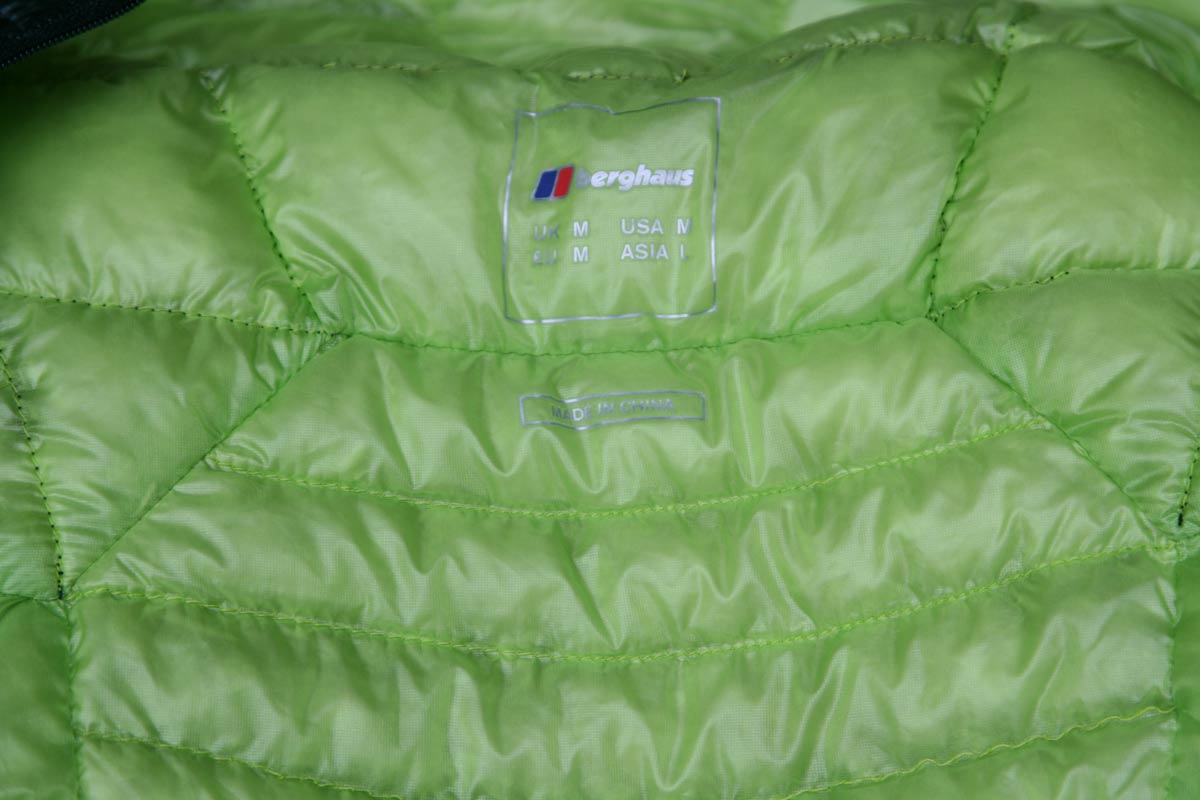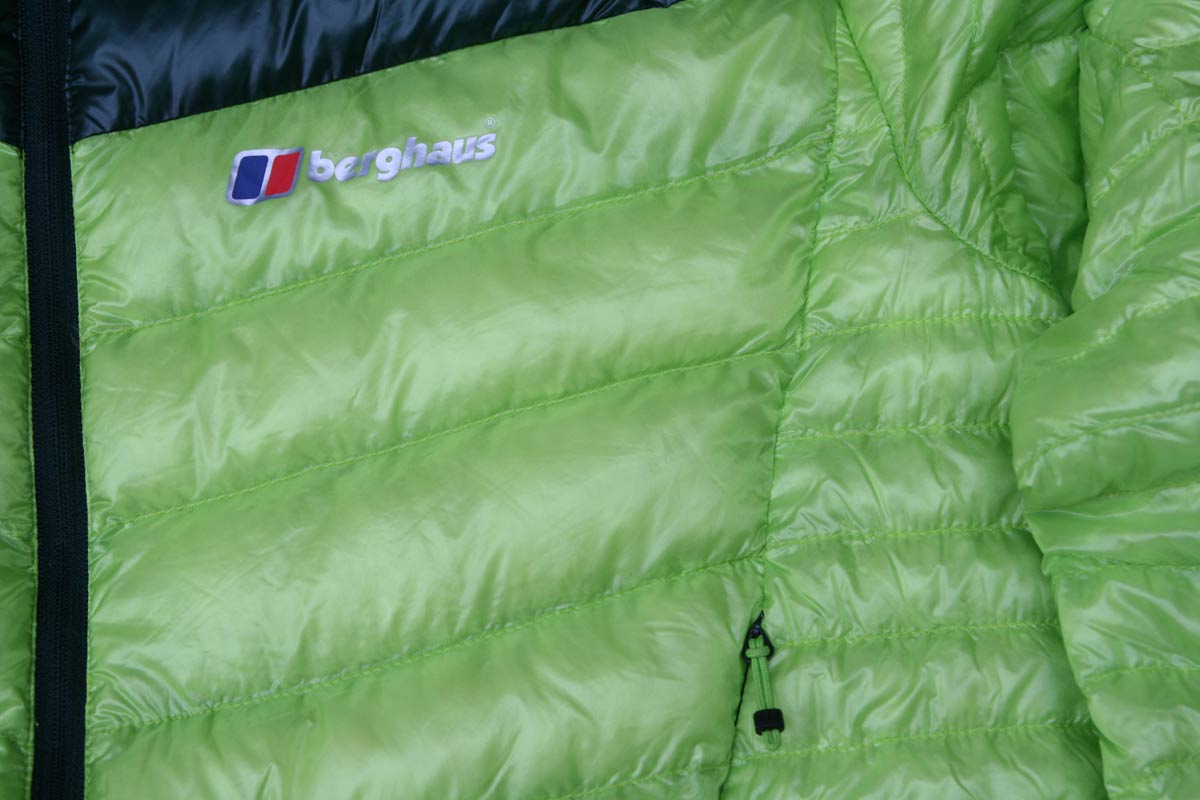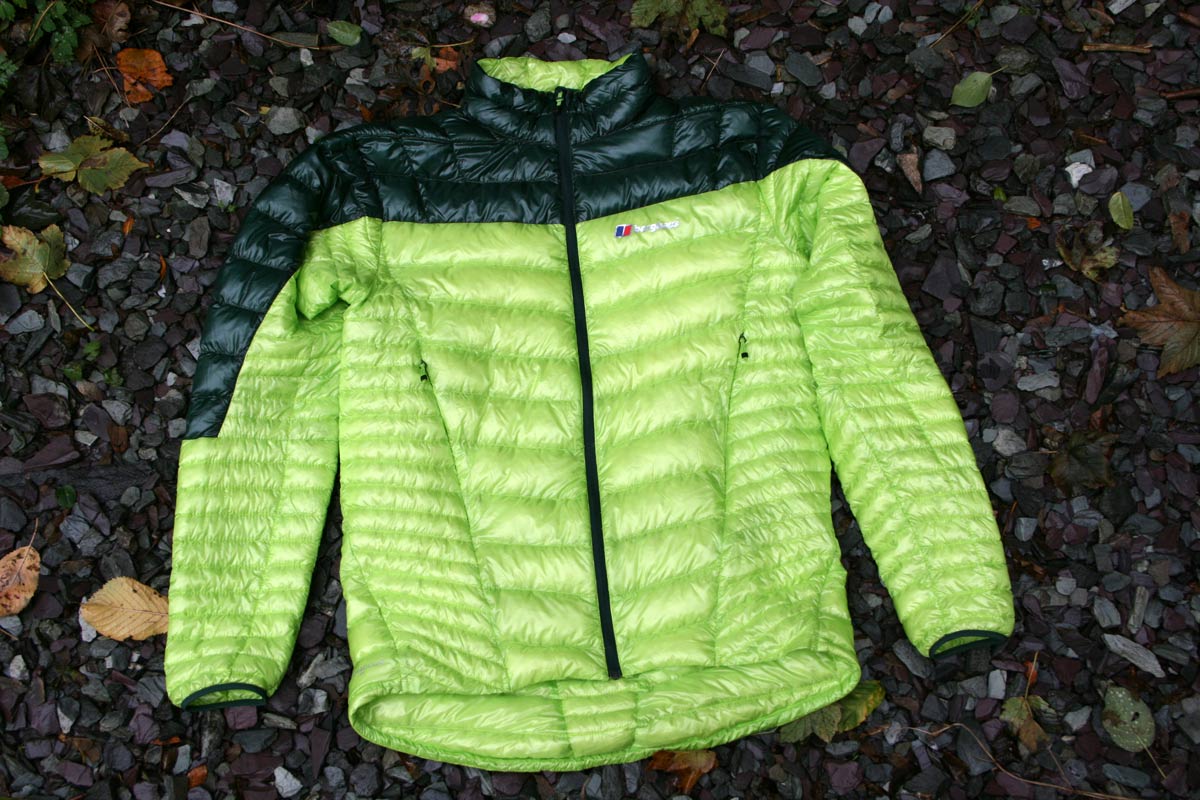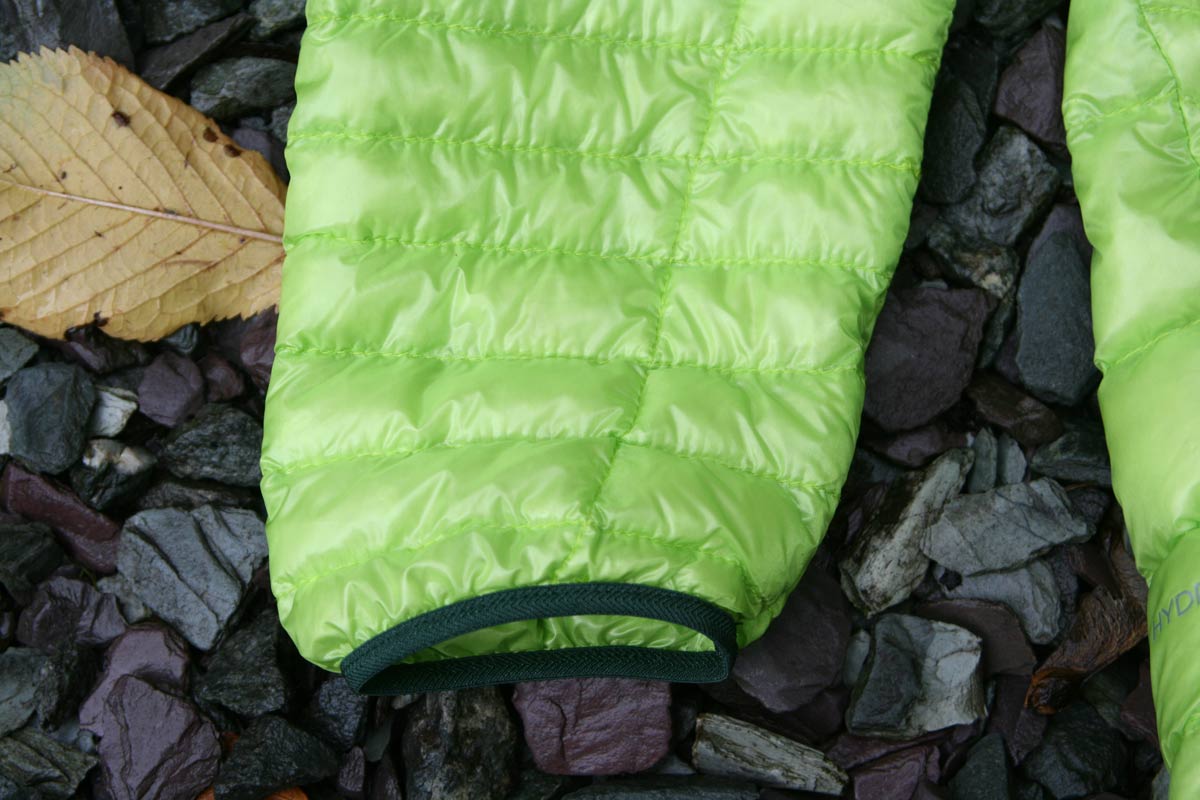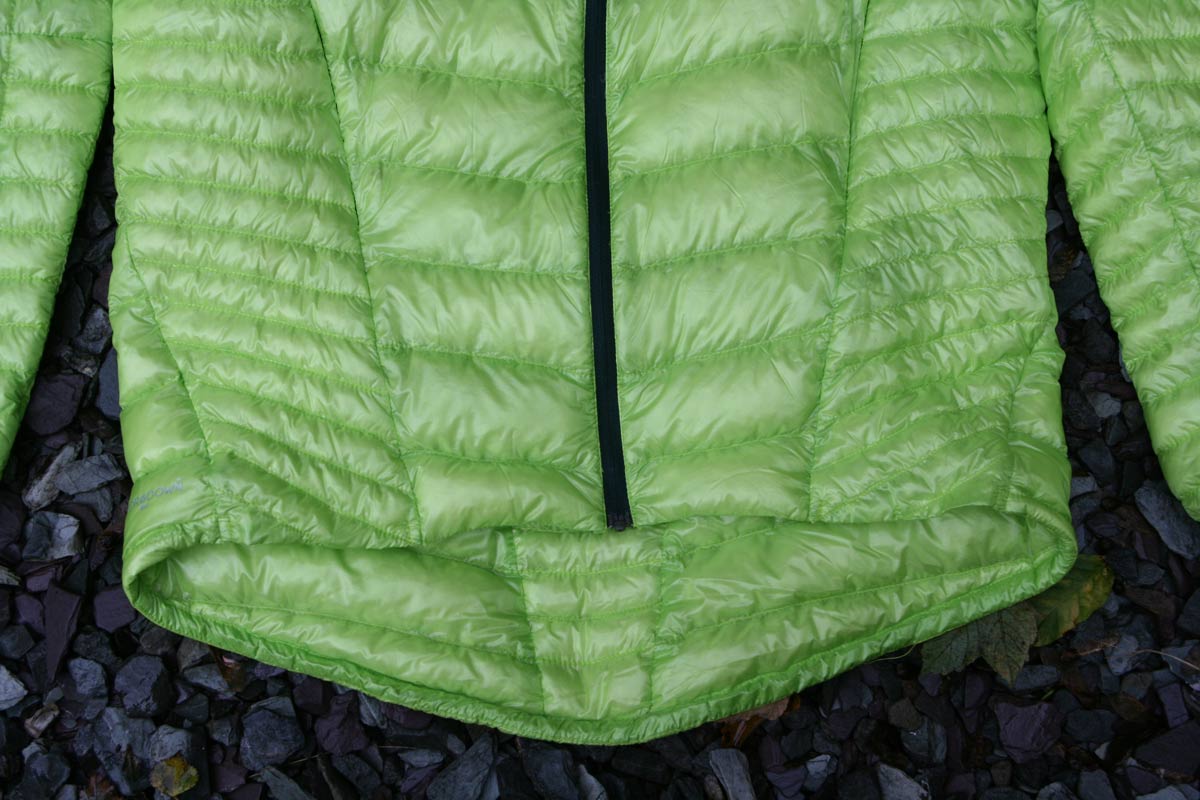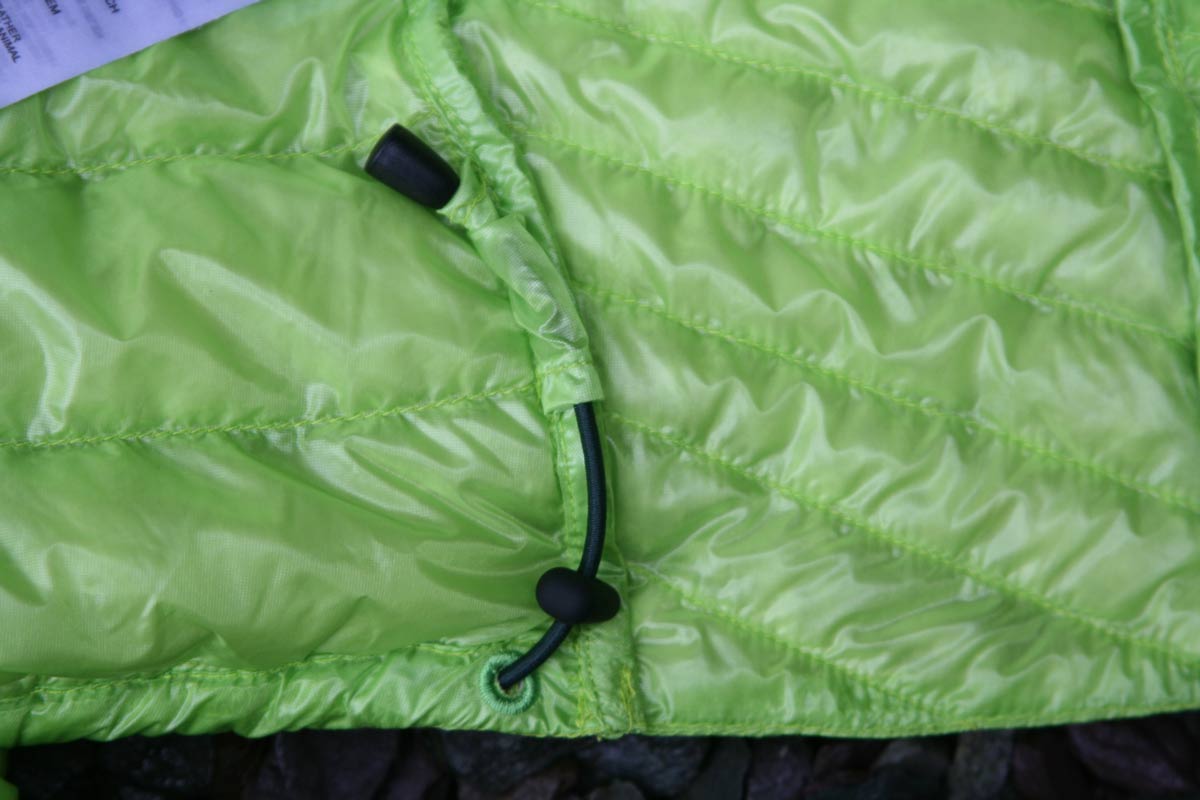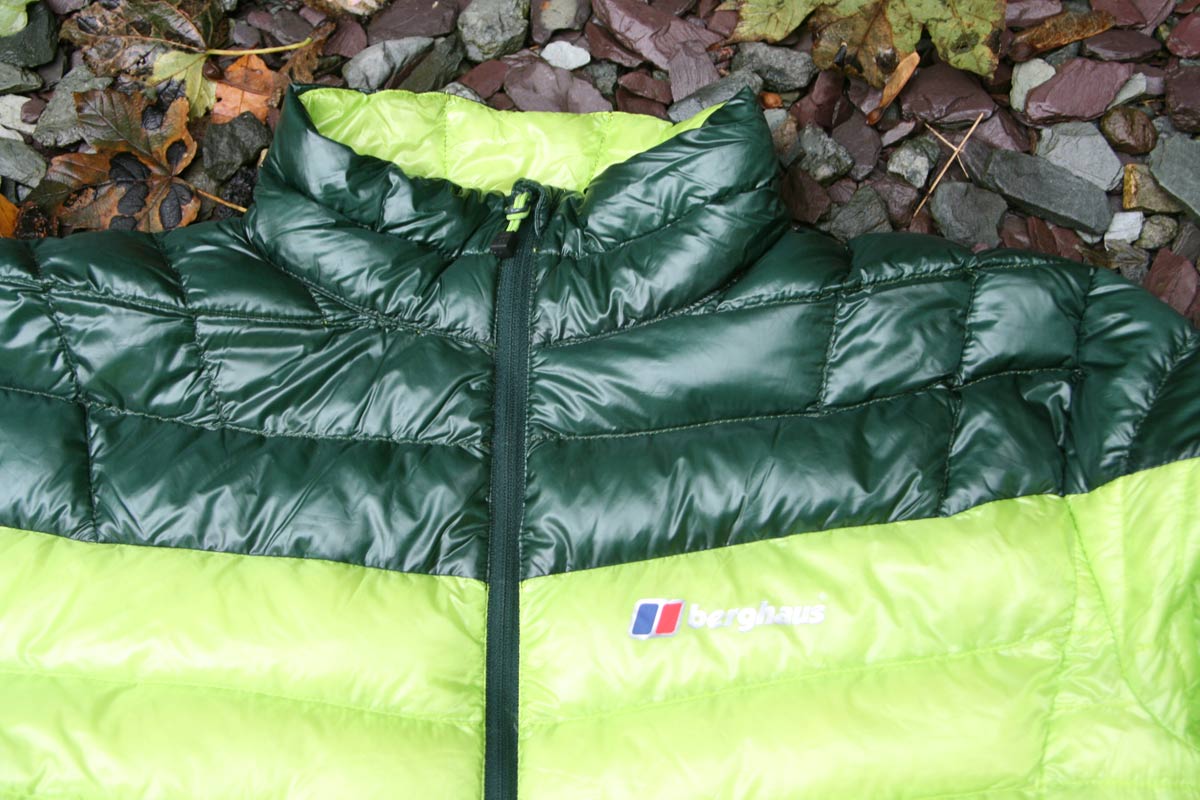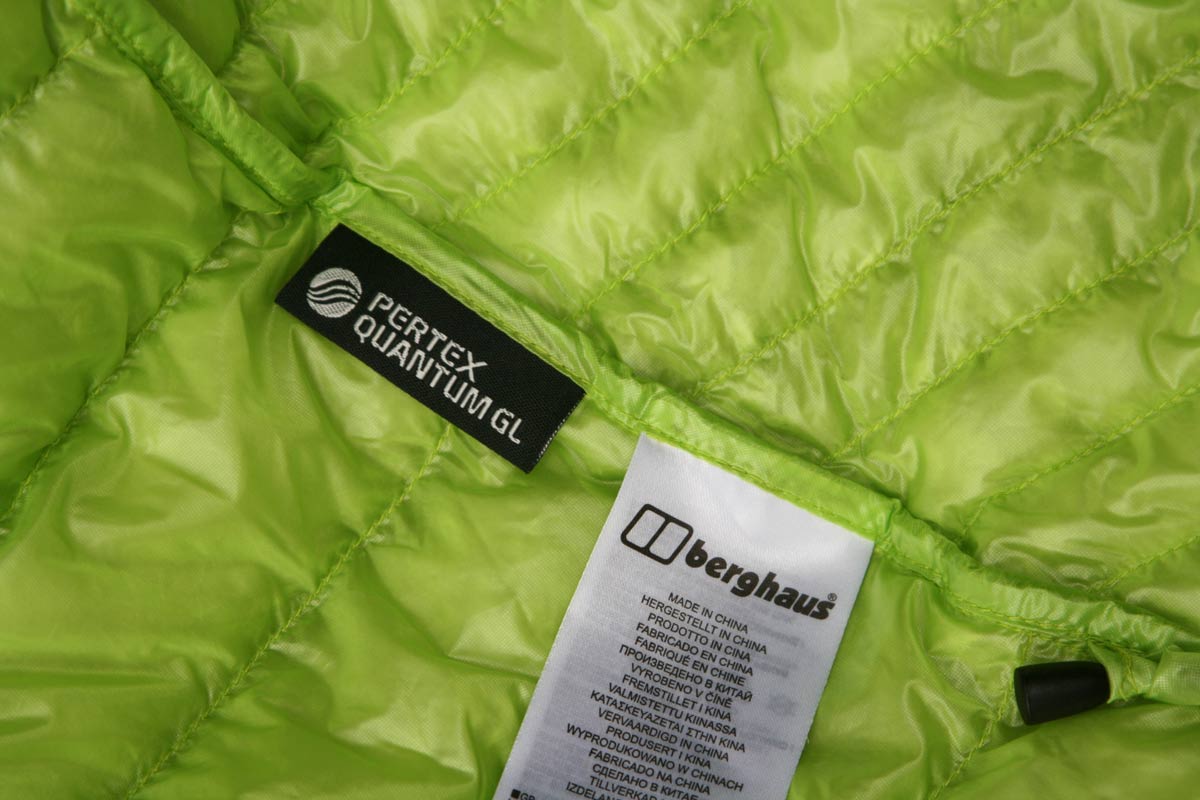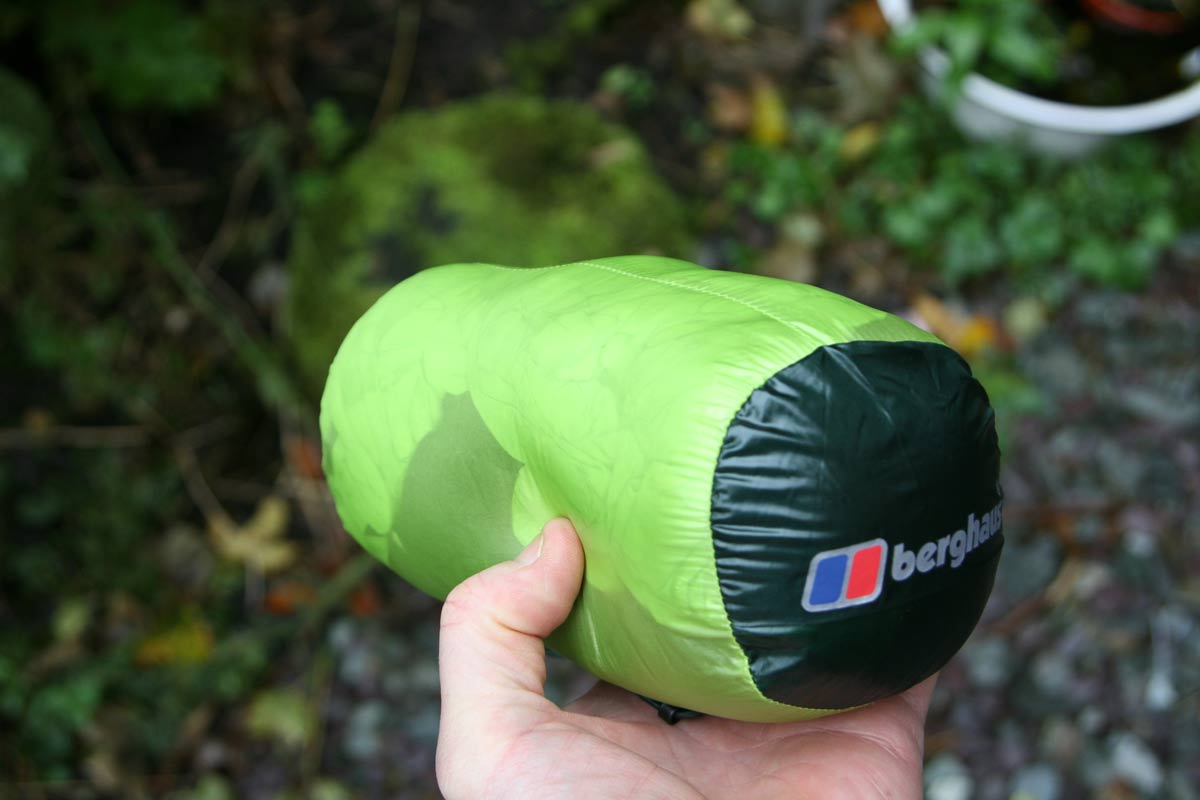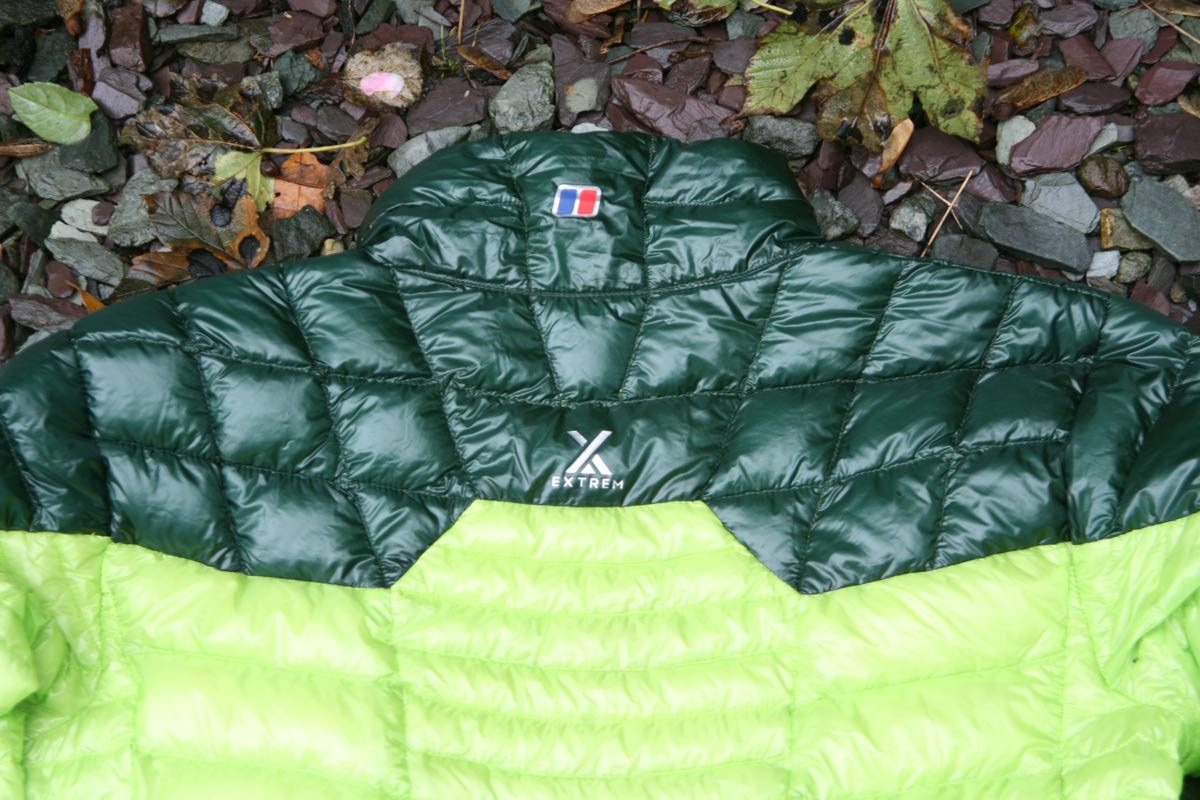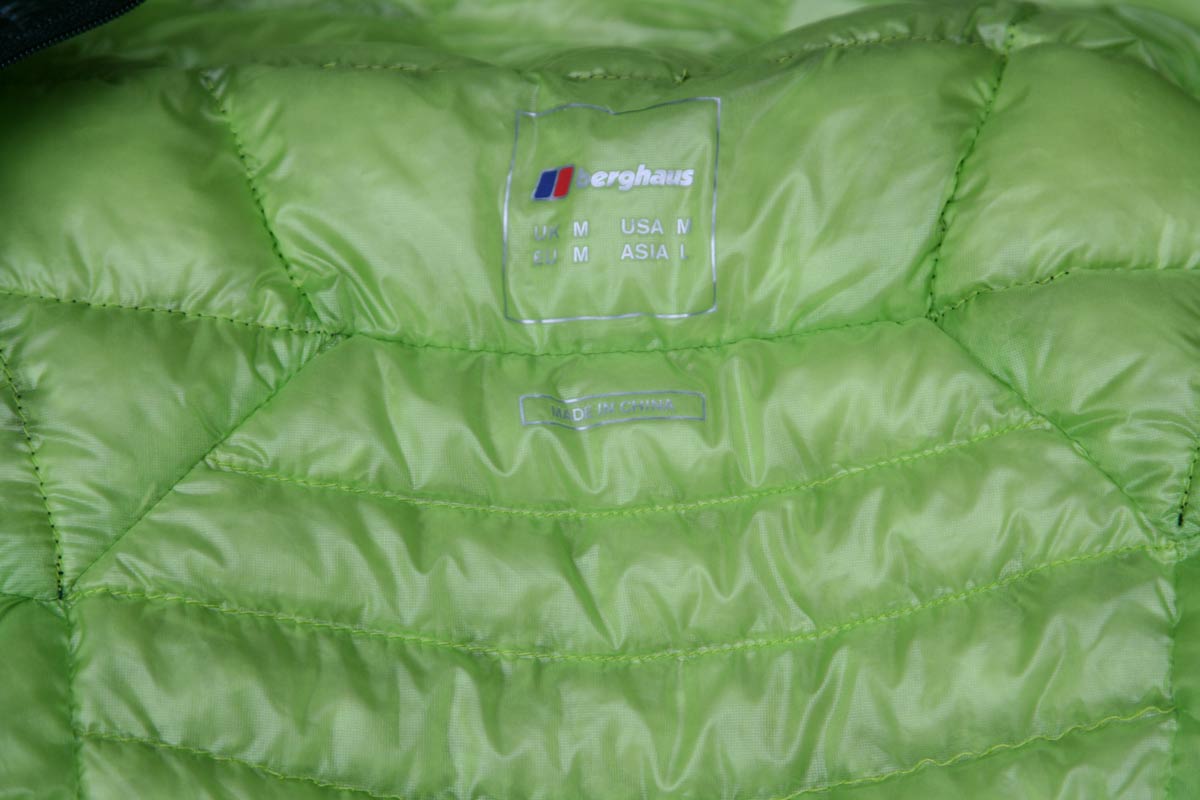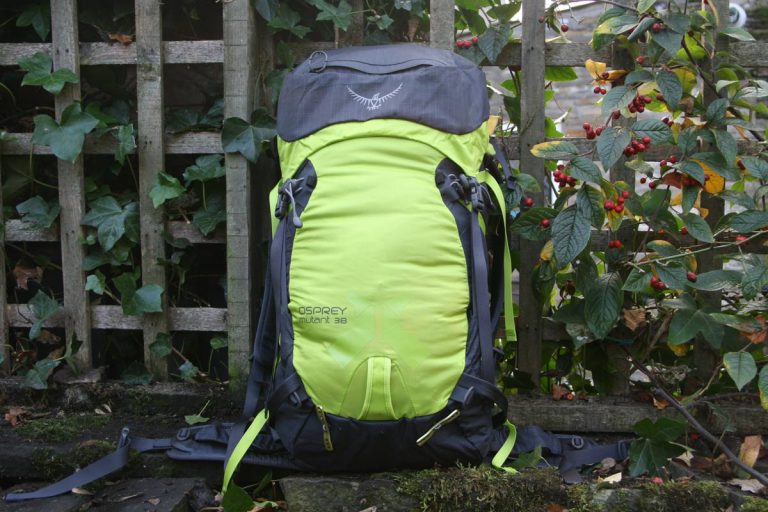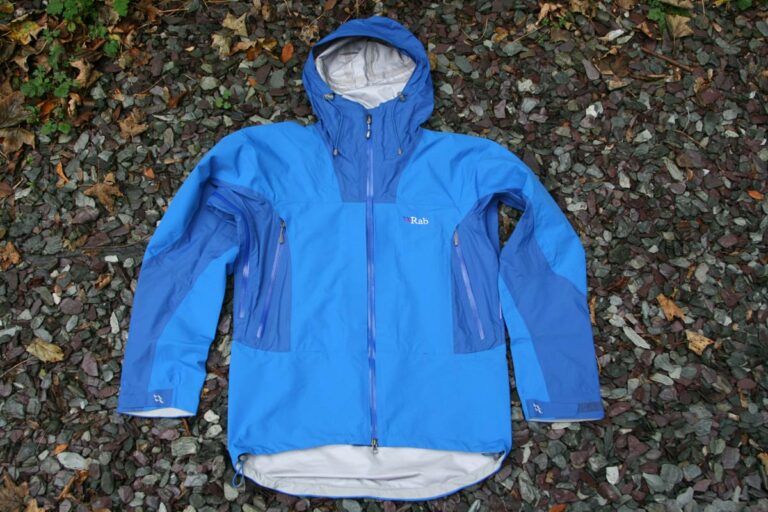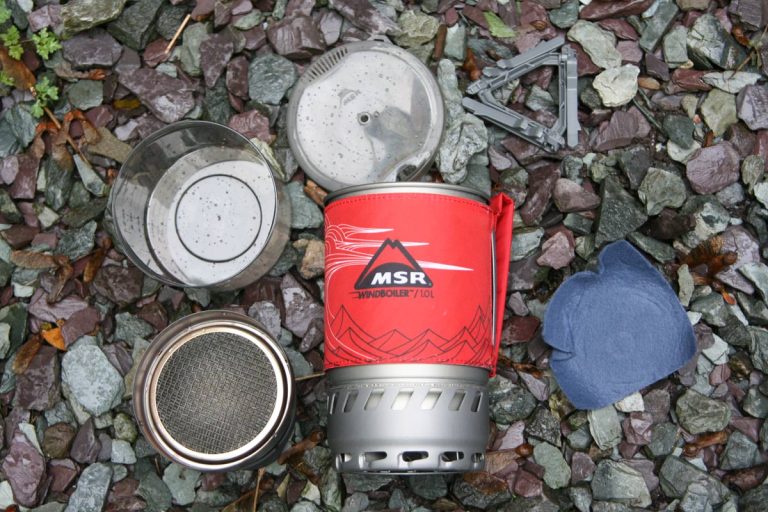First Look – Berghaus Ramche Hyper Hyperdown Jacket – £230 / 181g (medium)
New from Berghaus this winter is this seriously lightweight down jacket developed by the crack MtnHaus design team and featuring 850 fill power water-resistant Hydrodown goose down, semi-translucent Pertex Quantum GL fabric and cunning body-mapped zoning based on serious research in frozen Greenland.
It’s designed as the ultimate in packable warmth for winter trips: tiny and light enough that you’ll barely notice it in your pack, but warm enough that it’s worth carrying in the first place.
Basics
- Pertex Quantum GL with micro rip-stop pattern
- 850 fill power water-resistant Hydrodown fill
- Three-zone body mapping
- Two zipped hand-warmer pockets
- Stretch binding at cuffs
- Drop-tail with tethered draw-cord adjustment
- Insulated storm-flap behind zip
First Impressions
At a real world 181g for the medium – the stuff sac supplied adds an additional 5g by the way – the new Ramche Hyper isn’t quite the lightest down jacket out there, but it’s still very light indeed and the pay-off is a brilliantly designed bit of kit.
Take the cut: it’s incredibly tailored and tapered. Narrow in the waist and hips, wide enough for climbing shoulders, body hugging, but for us at least, not restrictive. The only down jacket we’ve tried which compares is the Arc’teryx Cerium LT. And the advantage of that close cut? The insulation works more efficiently without air gaps and internal convection currents. And it’s easier to layer under a close-fitting shell jacket too.
And then there’s the construction. Like the original Ramche and the Ilam – warmer, but at over 300g, heavier by a way – the new Hyper uses zoned construction with big fat baffles where heat’s most needed – the torso generally and the kidneys for example and slimmer ones where it’s less crucial on the sleeves for example and under the arms.
It’s not done by hunch either. Berghaus spent many hours of research with sensors and infra-red cameras in frozen Greenland to determine way the body sheds heat and, in our experience, it seems to work. It looks sort of slick and technical as well, if that bothers you.
They’re not skimped on features either. The jacket gets twin hand-warmer pockets with fill on the outside so they work, an adjustable and very defined drop tail for extra butt warming and the full-length zip has a lightly insulated storm-flap too. You could argue that the hem cord is unnecessary given the close fit, but the scrawnier mountaineer may find it handy. We didn’t need to use it.
Finally there’s that down – seriously lofty 850 fill goose Hydrodown which not only gives impressive loft and hence warmth to weight ratio, but also adds some useful reassurance against damp conditions. A year or so back we properly soaked a Hydrodown jacket and were super impressed with how well it performed – it retained more warmth when wet and dried far more quickly than we were expecting with minimal loss of performance.
It doesn’t mean we’d suggest using the jacket in the wet, for that we still think synthetic fill or possibly the new PrimaLoft Down Blend make more sense, but it’s reassuring to know that if you do get your jacket wet, it’s not going to be game over in insulation terms.
Initial Verdict
Brilliant athletic fit, top-notch raw materials, cunning design and a thorough spec make the new Ramche Hyper a cracking balance of lightness, small pack size and decent warmth aided by the windproof outer. Unlike some hyper-light down jackets it’s actually warm enough to be worth carrying and you could use it either at a standstill or, in cold, dry conditions as a warm mid-layer aided by that close fit. Don’t expect it to be very breathable though.
We’ve found ourselves comparing it to the Arc’teryx Cerium LT, which has a similar close cut, but is a little heavier by around 60-70g but also appreciably warmer and we’d also maybe look at the new Rab Continuum which again is warmer, but heavier again at around 300g.
Where the Berghaus Jacket does score over the Cerium LT is in its water resistant down. Like we said, we’d still not choose Hydrodown for use in predictably wet conditions, but it’s reassuring to know that if things do go badly wet, your jacket will still have a fighting chance, which given the nature of, say, a typical Scottish winter, is reassurance that’s arguably well worth having.
More information
Full details at www.berghaus.com

